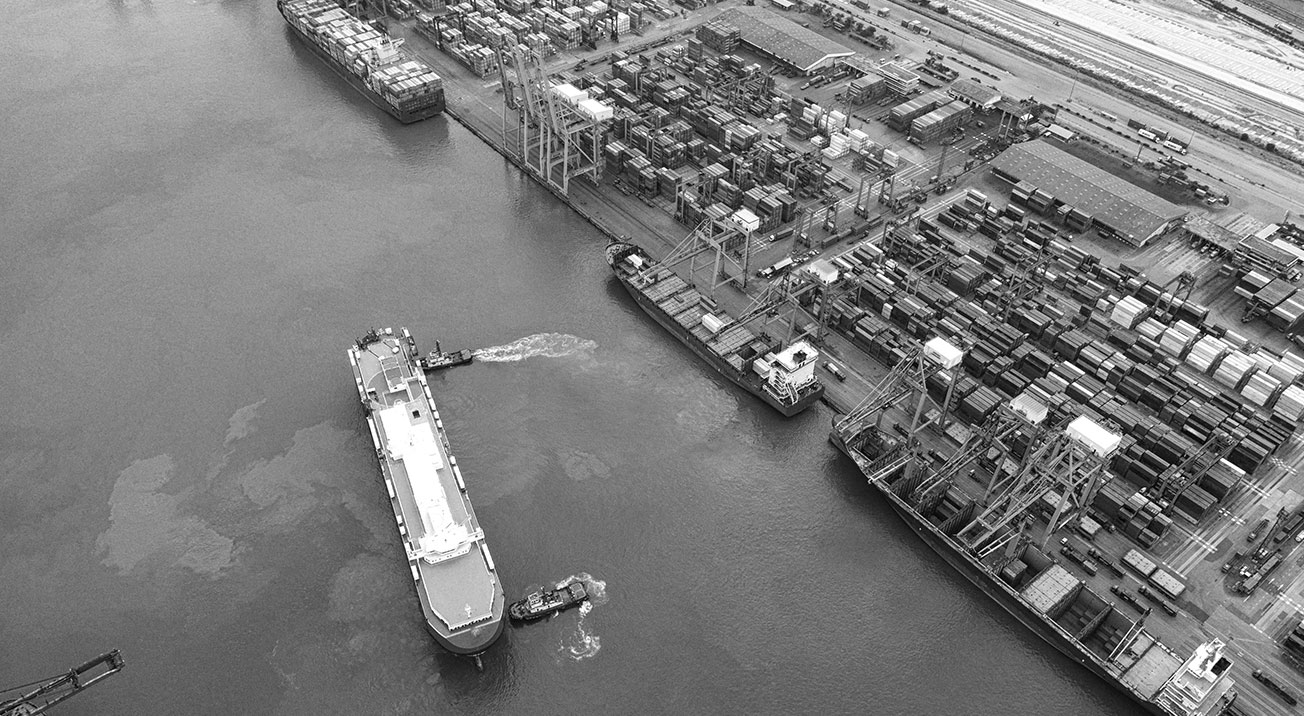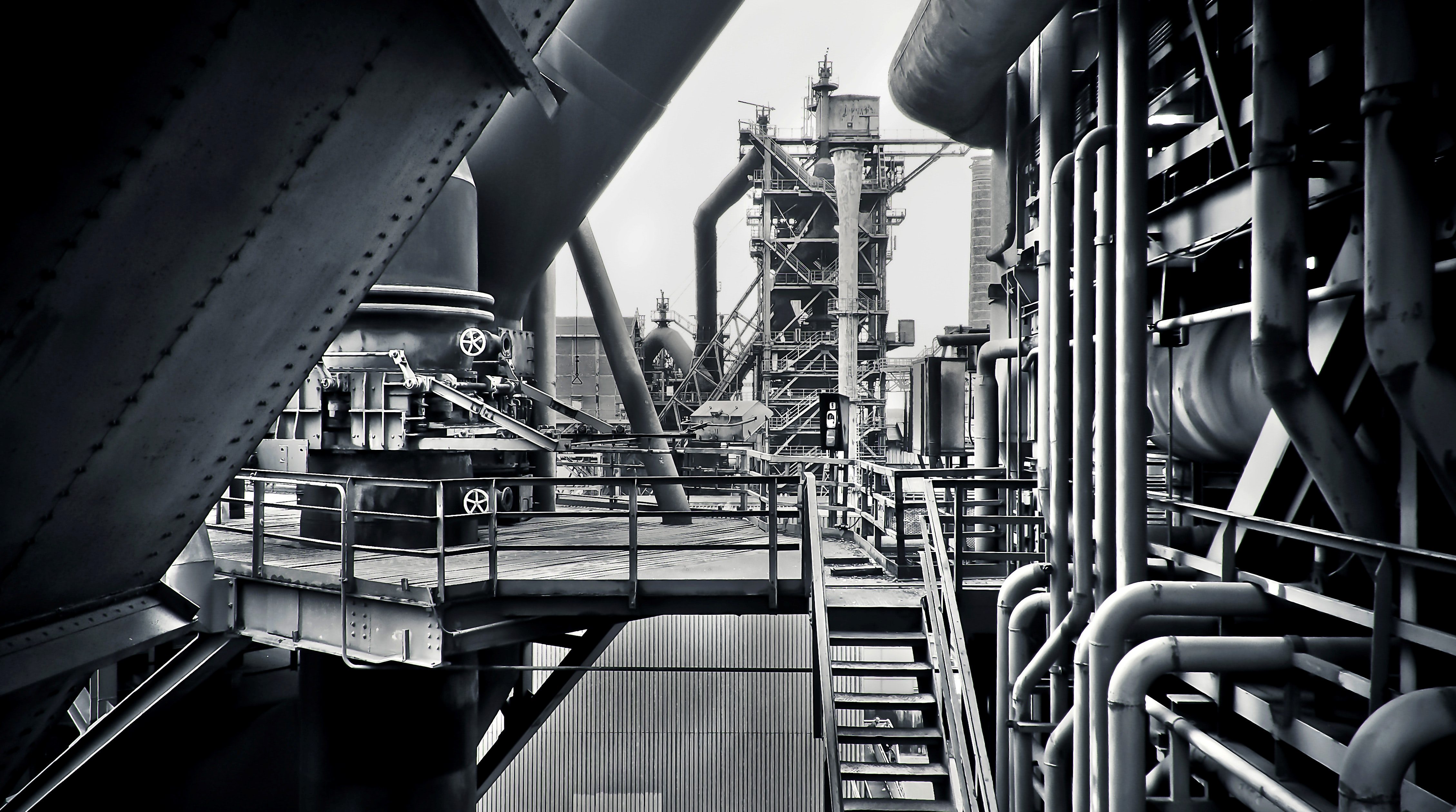International trade patterns are highly stable and understood to be shaped by slow-moving forces of comparative advantage such as differences in technologies, endowments, and institutions. In most trade frameworks, transient shocks like financial crises can only have temporary effects. Yet models with multiple equilibria stress that large shocks can dislodge the economy from a given […]
International Trade
The increasing globalization of the world economy is a prominent area of public debate. Issues of interest include the following:
The determinants of international trade and multinational activity
The implications of international trade and multinational activity for welfare and the distribution of income
The effects of trade liberalization on firm and aggregate productivity
The organization of firm production activities around the world
National trade policies and the World Trade Organization (WTO)
Latest articles
Geography, transportation, and endogenous trade costs
Whether by sea, land, or air, trade functions through the transportation sector. Transportation is therefore central to everyday life. Surprisingly little is known, however, about how the market for transportation services interacts with the global market for goods. Recently, the delays in trade costing billions caused by both the blockage of the Suez Canal by […]
Innovation in the global firm
Multinational corporations are among the most innovative firms – and they account for the majority of the investment in innovation made around the world. Yet compared with the fragmentation of multinationals’ production across countries, investment in innovation by these firms is typically concentrated in one ‘headquarters’ country. The potential geographical mismatch between where knowledge is […]
The Return to Protectionism
After more than a half-century of leading efforts to lower international trade barriers, the United States enacted several waves of tariff increases on specific products and countries in 2018 and 2019. Overall, the U.S. implemented tariffs on 17.6% of its 2017 imports, primarily from China, raising tariffs on targeted imports from an average of 3.7% […]
The Age of Mass Migration: contrasting economic and political effects
Over the past 40 years or so, both Europe and the United States have experienced a dramatic rise in immigration (Frey, 2014; Hanson and McIntosh, 2016). These trends have renewed interest in the effects of diversity on both economic growth and social cohesion. Despite the potential benefits from diversity typically predicted by economic analysis (Alesina […]
The value of international business relationships: insights from Kenya’s rose exporters
Globalization gives producers in developing countries the opportunity to serve larger, richer, and more demanding foreign markets. But between these producers and potential consumers in the West sit large buyers, such as Carrefour, H&M, Tesco, and Walmart, with whom business relationships must be negotiated. Due to the large opportunity costs of time and shelf space, […]
The impact of protection on trade: lessons from Britain’s 1930s policy shift
With protectionist pressures rising and the multilateral trading system seemingly at risk, it is natural to look to the 1930s for evidence of how protection affects the volume and pattern of trade. This column examines the impact of Britain’s decisive break with a longstanding tradition of free trade in 1931, when the country switched dramatically to a policy of protection, discriminating in favor of the British Empire. The shift explains roughly a quarter of Britain’s trade collapse, and around three quarters of the big increase in the British Empire’s share of British imports during the 1930s.
US manufacturing jobs and trade liberalization with China
Trade relations between the United States and China have grown increasingly tense, spurred by concerns that growing imports from China have led to plant closures and job loss in the United States. We find a link between the sharp decline in U.S. manufacturing employment after 2000 and the granting of Permanent Normal Trade Relations (PNTR) to China, which eliminated uncertainty about China‘s continued access to the U.S. market. Our research into the reactions of U.S. and Chinese firms to PNTR highlights the sensitivity of firm behavior to policy uncertainty.
China’s hidden shipbuilding subsidies and their impact on its industrial dominance
The impact of industrial policy on China’s economic growth has been difficult to assess, in part due to the lack of direct evidence on government support measures, which remain secret. This research uncovers hidden subsidies provided to the Chinese shipbuilding industry, which has more than doubled its global market share in recent years. The subsidies decreased shipyard costs in China by 13-20% between 2006 and 2012, policy interventions that have led to substantial misallocation of global production with no significant gains for consumers. Japan, in particular, has lost market share.
How the MillerCoors joint venture changed competition in U.S. brewing
This paper studies the aftermath of the MillerCoors joint venture, which merged the operations of SAB Miller and Molson Coors in the United States. The prices of MillerCoors and its biggest rival, Anheuser-Busch Inbev, increased after the joint venture was consummated. These changes are consistent with post-merger coordination between MillerCoors and Anheuser-Busch Inbev.















